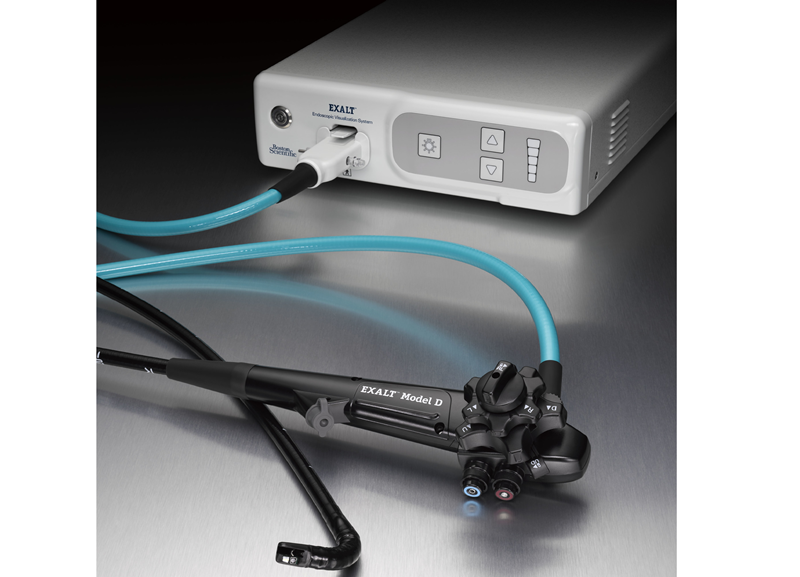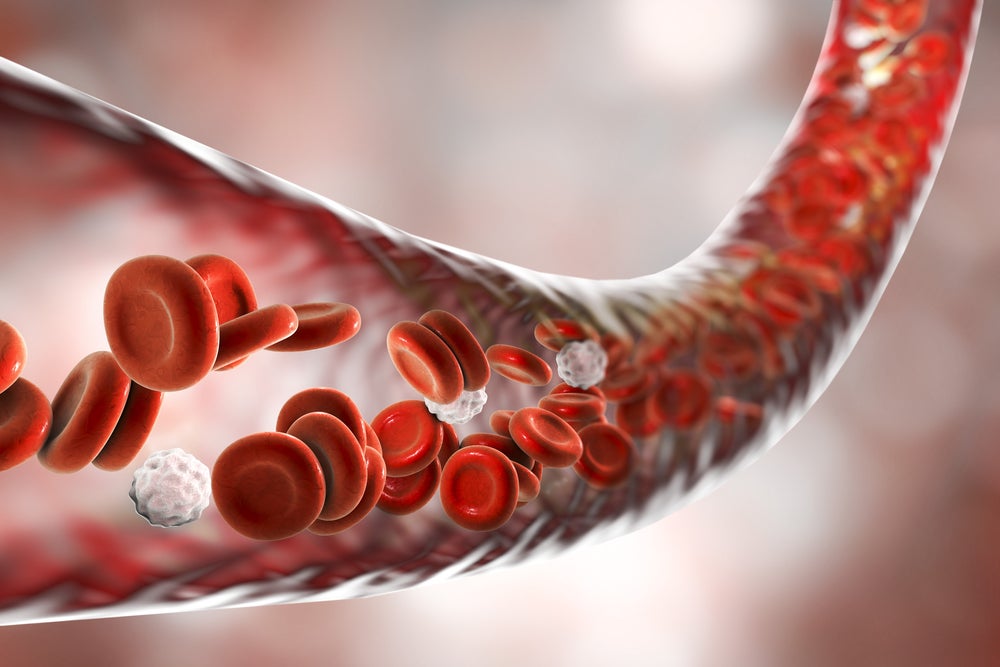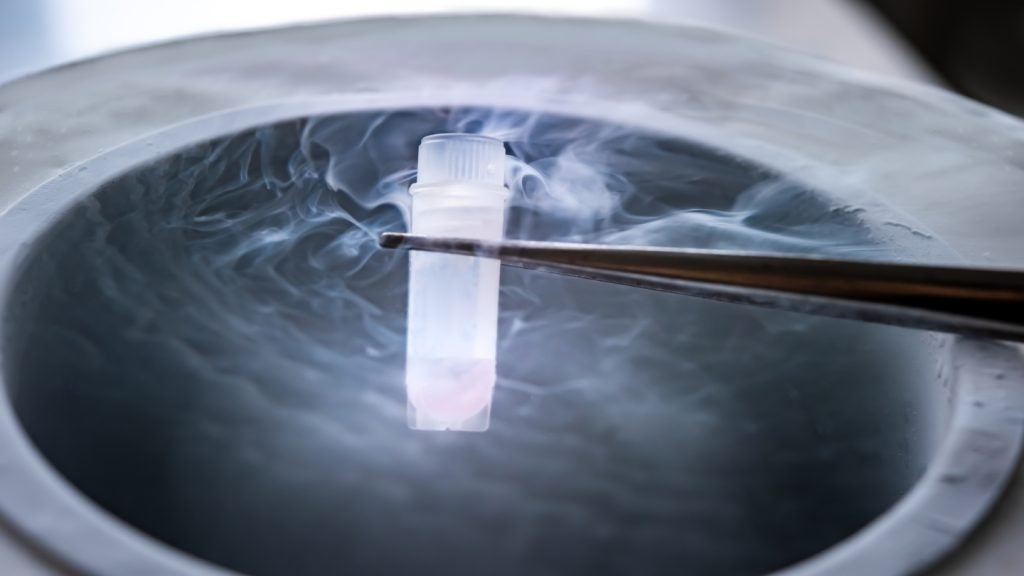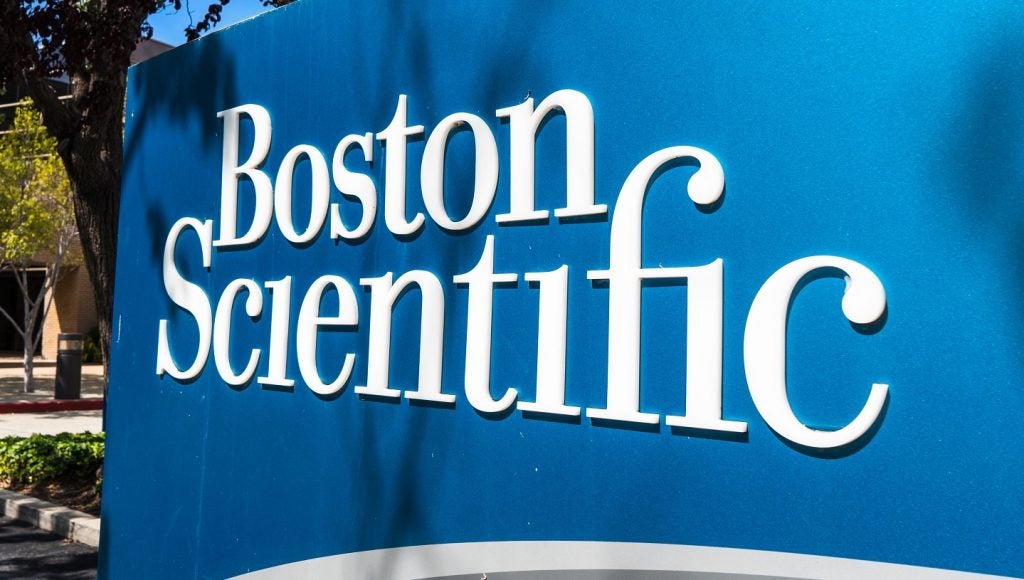
Medical devices conglomerate Boston Scientific has secured 510(k) clearance from the US Food and Drug Administration (FDA) for its EXALT Model D duodenoscope.
EXALT Model D duodenoscope is designed for use in endoscopic retrograde cholangiopancreatography (ERCP) procedures.
The FDA also granted breakthrough device designation to the instrument.
The device allows visualisation and access to the upper gastrointestinal tract to treat bile duct disorders and other associated problems.
Boston Scientific endoscopy senior vice president and president Art Butcher said: “The EXALT Model D Duodenoscope was developed to support clinicians in their mission to deliver the highest quality patient care.
“As a leading industry partner committed to advancing the care of pancreaticobiliary diseases for over 30 years, helping to ensure the integrity of ERCP is inherent in our mission to advance science for life and transform patient lives. This device, which was granted Breakthrough Device Designation by the FDA, builds on our legacy of delivering meaningful innovation that improves clinical outcomes.”
How well do you really know your competitors?
Access the most comprehensive Company Profiles on the market, powered by GlobalData. Save hours of research. Gain competitive edge.

Thank you!
Your download email will arrive shortly
Not ready to buy yet? Download a free sample
We are confident about the unique quality of our Company Profiles. However, we want you to make the most beneficial decision for your business, so we offer a free sample that you can download by submitting the below form
By GlobalDataFlexible, lighted duodenoscopes are used as a less invasive approach to remove fluids from pancreatic and biliary ducts, with use in over 1.5 million ERCP procedures annually.
Typical duodenoscopes thread through the mouth into the top of the small intestine. As it has several small working parts, cleaning and reprocessing can become a challenge.
If not properly cleaned and disinfected, contaminated tissue or fluids can become trapped in its crevices, transmitting infection-causing bacteria between patients.
Disposable duodenoscopes can reduce reprocessing challenges, decreasing the transmission of infection-causing bacteria between patients.
Formerly, the regulatory agency had communicated to healthcare facilities about the appropriate steps to be taken while cleaning and disinfecting the devices between the use.
In August, the FDA released a safety communication recommending duodenoscope manufacturers and healthcare facilities to switch to those with disposable parts.







